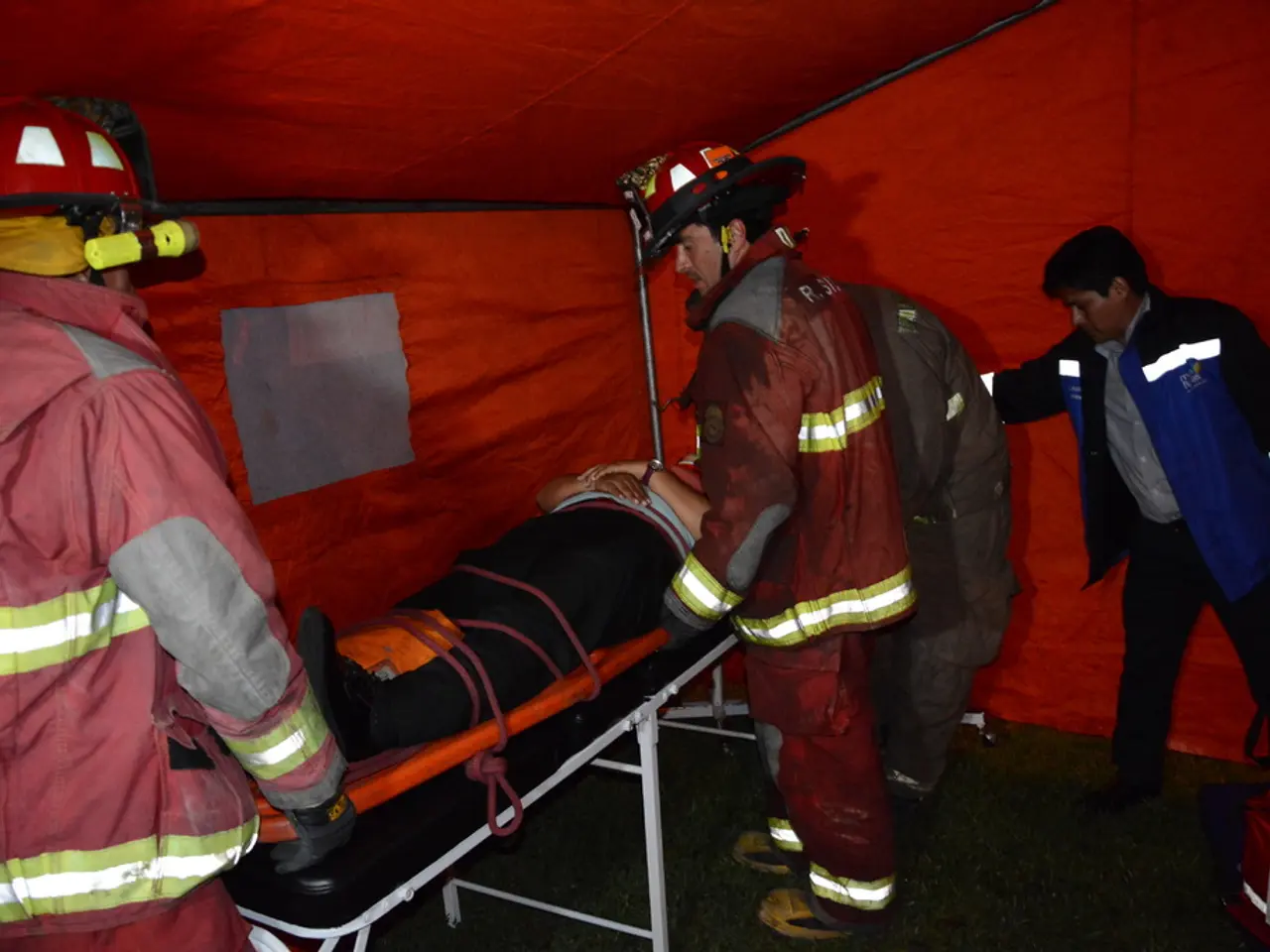Catastrophe Underscores Importance of Emergency Readiness
In a tragic incident that took place in 2020, mountaineer Emma Langley lost her life while climbing Mt Ruapehu during a day-climb. The incident occurred at around 12.30pm while Langley was traversing an icy slope at Cathedral Rocks.
Langley, a novice mountaineer who had recently completed the NZAC Level 1 Basic Snowcraft Course, slipped and slid nearly 500m down the mountain. Despite immediate rescue efforts, she succumbed to hypothermia over 8 hours after her fall.
On the day of the incident, Langley was participating in a group trip organized by the NZAC Wellington Section. The report commissioned by the MSC, an independent organisation, identified several contributing factors, including environmental and weather conditions, equipment, human factors, and NZAC systems and policies.
One of the key recommendations from the report is the need for clear communication of changes in leadership styles and plans. It also emphasises the importance of having contingency plans and discussing them as part of pre-trip planning.
The report also highlights the need for two-way communication between leaders/mentors in larger groups, as well as the importance of instructors, leaders, and mentors having a minimum of two days Outdoor First Aid training.
Moreover, the report recommends further support to help trip leaders and instructors understand what is required to stabilise an injured person and treat them for shock, particularly in an alpine environment where hypothermia is a significant concern.
When training novice climbers, emphasis should be on fall prevention, rather than self-arrest. The report also suggests that teaching should be conducted at low-risk sites where there is a lower potential for serious harm.
The report also stresses the importance of emergency management procedures, including caring for participants in adverse weather conditions. It further recommends further support for the NZAC to improve their systems and policies to prevent future fatalities.
The MSC report has been accepted by the coroner, who has accepted all 13 of its recommendations. The NZAC has since taken steps to implement these recommendations and improve the safety of its mountain climbing activities.
This tragic incident serves as a reminder to always be prepared and equipped to deal with emergencies in the mountains. It also underscores the importance of clear communication, contingency planning, and proper training for instructors, leaders, and mentors.
Read also:
- visionary women of WearCheck spearheading technological advancements and catalyzing transformations
- California Senator Kamala Harris announces she will not seek the governorship in 2026, instead hinting at future professional ventures.
- Aid for combating heatwave: distributing water and sunscreen to homeless residents in Berlin
- Kamala Harris Abstains from Pursuing California Governorship in 2026, Hints at Upcoming Professional Venture Elsewhere








